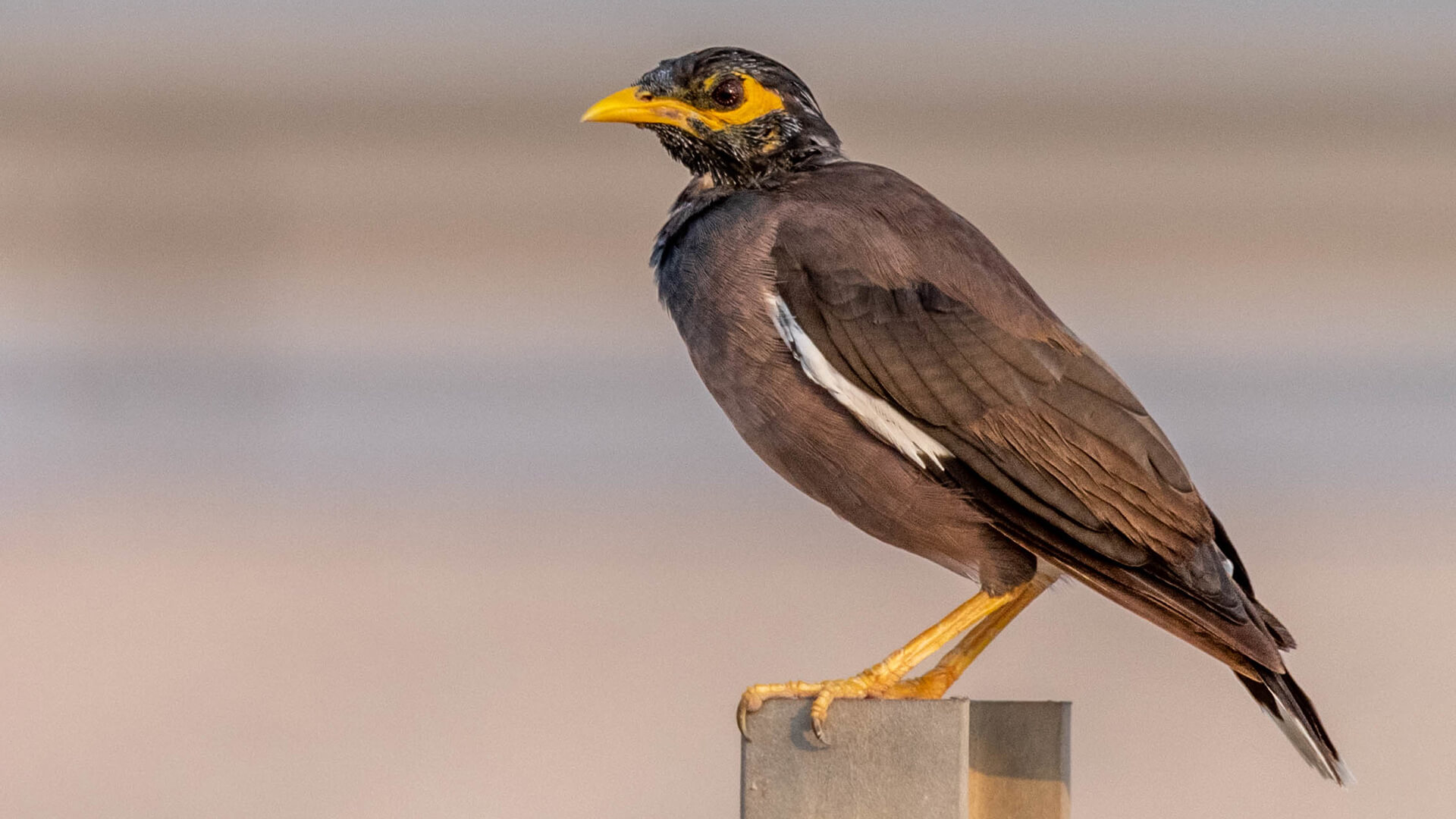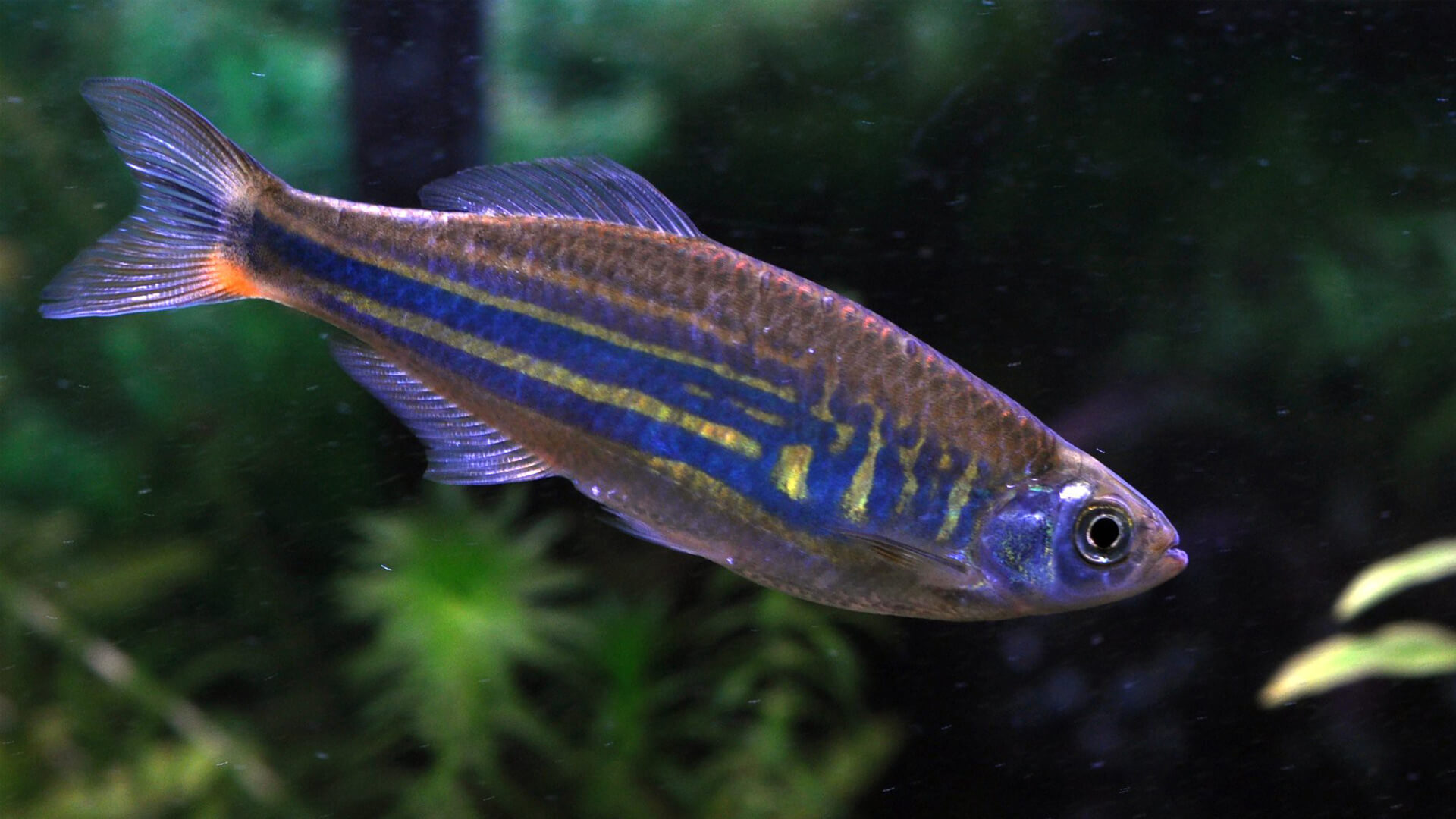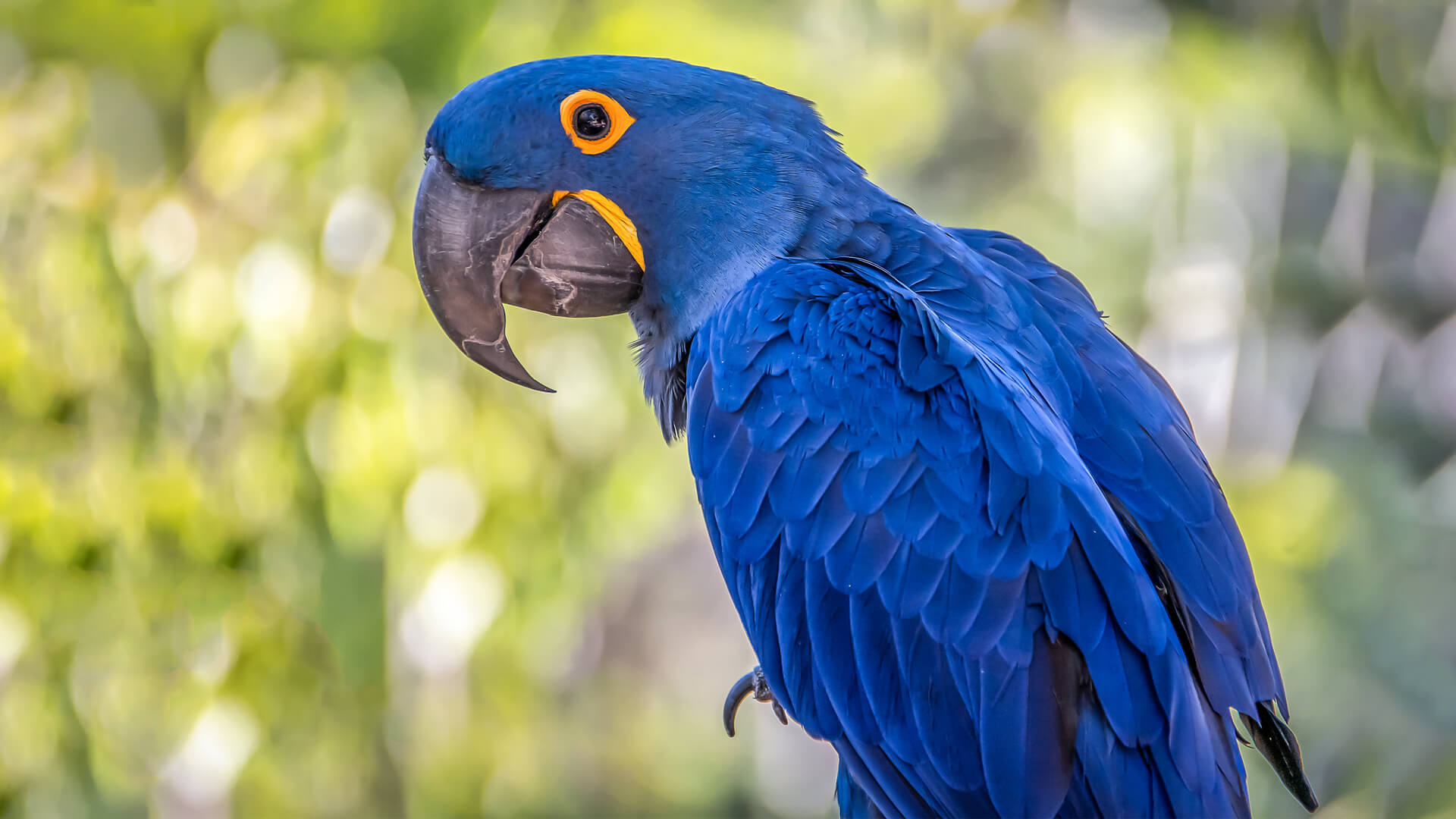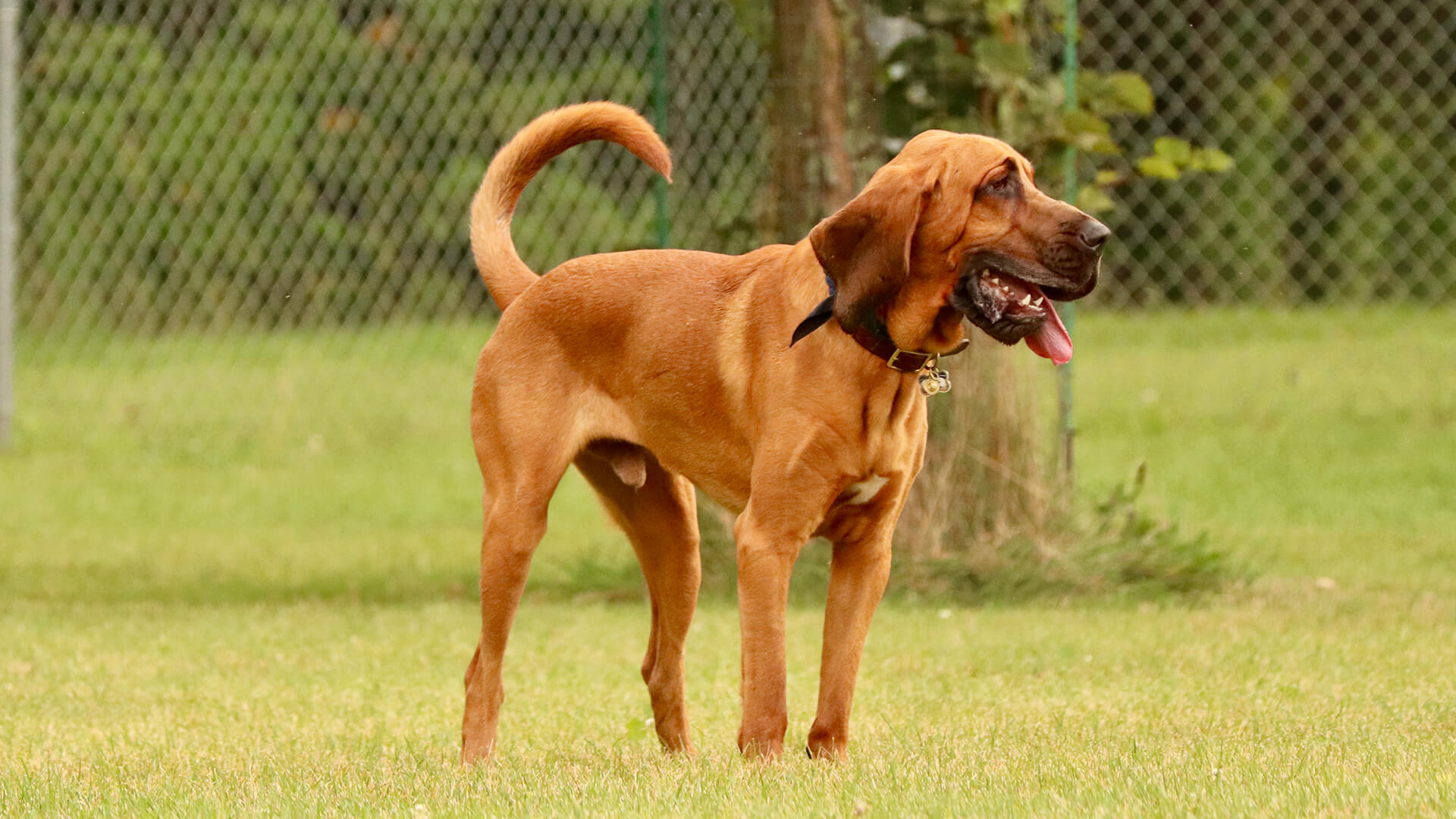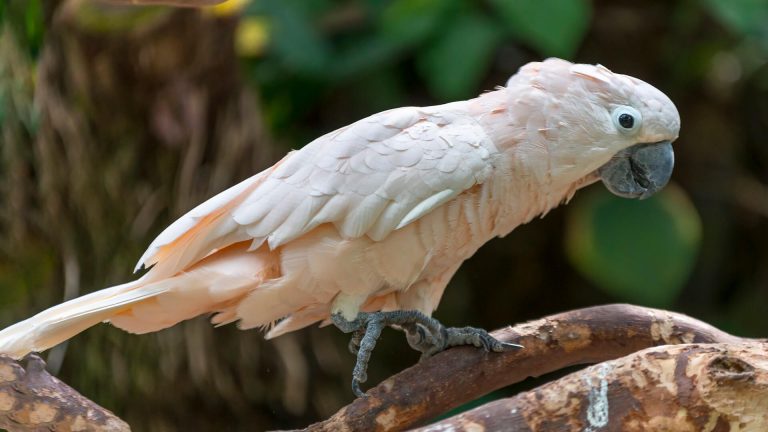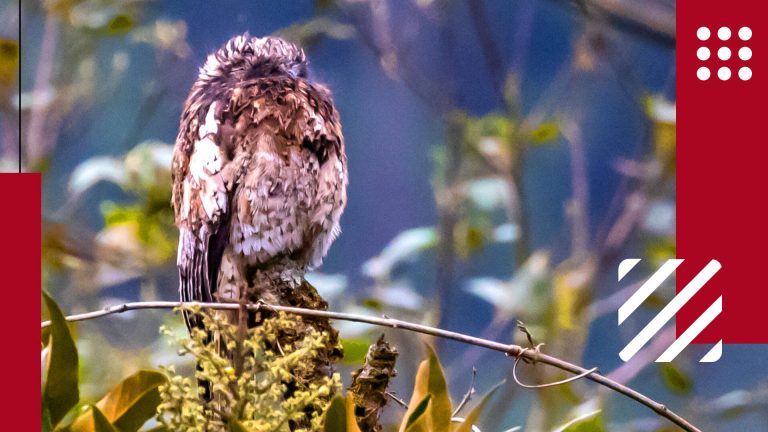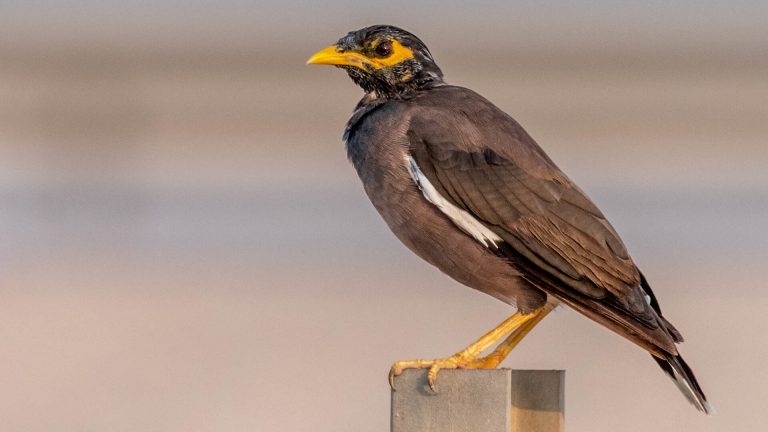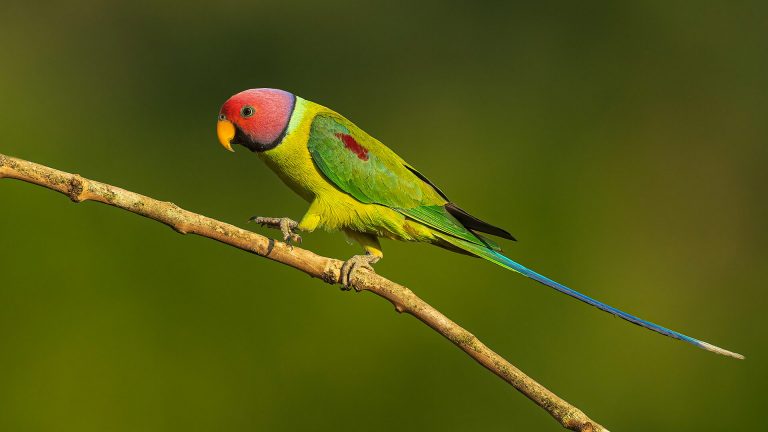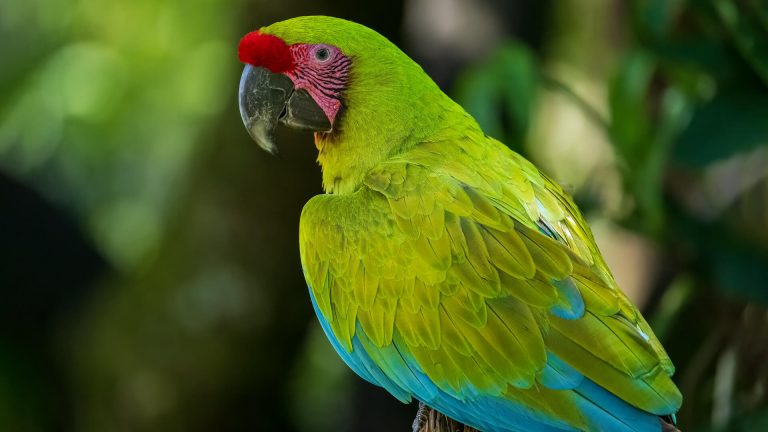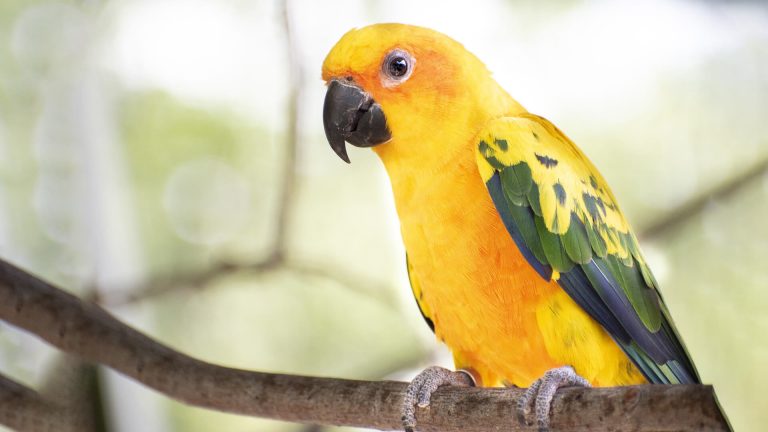Love playing games and planning tricks with your pet? Well, that makes one a perfect owner for a pet Senegal Parrot. Also known as Sennies, they are one of the most popular species of parrots to be kept as a pet. They can prove to be quite an entertainer for the others around them. Senegals are originally found in the woodlands of Western Africa. They are well-known for their quiet and calm behavior. Of course, they are not completely silent but comparatively less talkative than others. They can still learn to talk and mimic like any other parrot.
Senegals are not very tough to take care of, which again makes them efficient as a pet. However, like any other pet, it still relies on its owner for housing, diet, entertainment, and affection. It would be better to make a special note for the last one. Senegals crave love and care. They are not only attention-grabbing but also attention-seeking creatures. It is not as big a burden as it sounds (quite opposite, in fact). Well, from their meals to their mood, here’s everything a Senegal owner needs to know.
Distinctive Features of Senegal Parrot
| Scientific Name | Poicephalus senegalus |
| Lifespan | Up to 50 years |
| Color | Mostly green with gray head and orange belly |
| Size | Up to 10 inches |
| Weight | 120-170 grams |
| Health Risk | Low |
| Cage Size | Minimum 24" x 24" x 24" |
| Unique Trait | Vibrant coloring and intelligent nature |
| Famous For | Playful and talkative behavior |
| Temperament | Curious, social, and outgoing |
| Maintenance | Low |
| Adaptability | Moderate |
| Behavior | Vocal, intelligent, and enjoys interactive play |
| Personality | Affectionate, playful, and trainable |
| Social | Social, forms strong bonds with their owners and other birds |
The Senegal Parrot possesses several distinctive features that make it a unique and appealing parrot species. Firstly, these parrots are known for their compact size, measuring approximately 9-10 inches in length. They showcase a vibrant combination of colors, with a predominantly green plumage, a gray head, and an eye-catching orange belly. This colorful appearance adds to their visual appeal and makes them easily recognizable among other parrot species.
One notable characteristic of Senegal Parrots is their relatively calm and quiet nature compared to other parrots. While they do have the capability to learn and mimic some speech, they are not as inclined towards extensive vocalization. This can be advantageous for those living in apartments or noise-sensitive environments, as Senegal Parrots are generally considered to be less disruptive.
Another distinctive feature of Senegal Parrots is their ability to form strong bonds with their primary caregiver. They tend to develop a deep attachment to a single person, often referred to as their "personality buddy." This unique bonding behavior can be both endearing and challenging, as it may require dedicated socialization efforts to ensure the parrot can interact comfortably with multiple individuals. However, with proper handling and early socialization, Senegal Parrots can adapt well to different family members and become beloved companions.
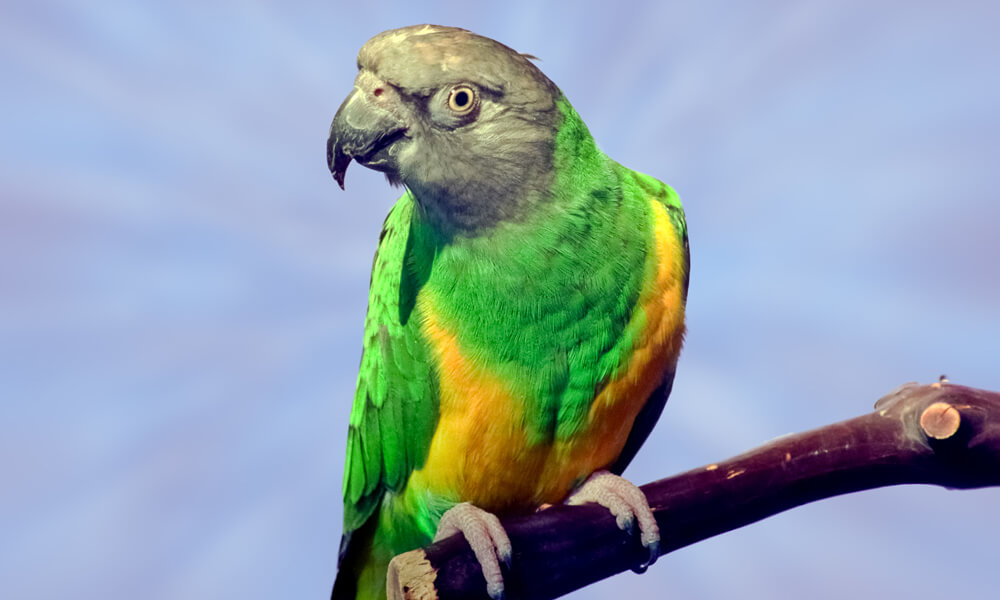
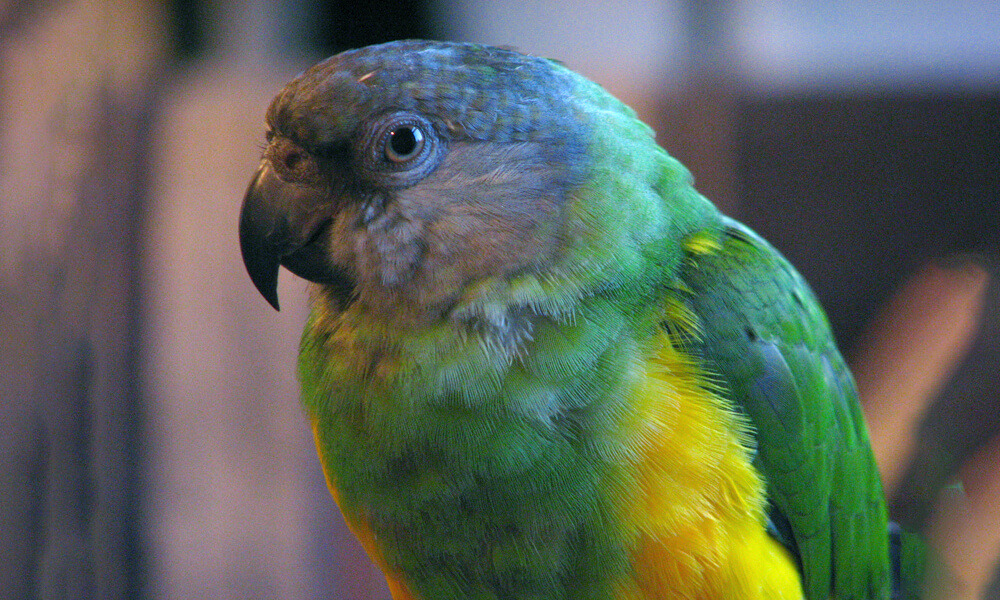
How to Take Care of Pet Senegal Parrot?
Senegal Parrots are among the easiest to deal with. They are low-maintenance and don’t ask for much. However, it is still a pet and needs care. What they need the most is your attention! They can get frightened and once they sense danger, they can become aggressive. Hence, it is essential to spend time with them and make their fear go away.
Giving them things to play with can go a long way in keeping them satisfied. They like to chew wood so wooden toys can be a good way to keep their hearts happy and bleak healthy. Also, they need at least 8-10 hours of darkness to have adequate sleep. Apart from that, an appropriate cage setup and a healthy diet are of utmost significance.
How to Set up a Cage for a Senegal Parrot?
Senegal Parrots are small in size, which makes it convenient for the owner to set up a cage for their pet bird. That goes especially well if someone’s short of space in their home. As for the exact size of the cage, it should at least have a base of 20 inches x 20 inches and a height of 28 inches. That’s the minimum but it’s better to have larger cages, especially if it is going to stay inside for long durations.
As mentioned, Senegals are playful in nature and would prefer to stay active inside the cage as well. That being said, keeping a few toys in the cage will be a great add-on and would make the bird happy. Regarding the bar spacing in the cage, it must be around 3-4 inches. And, don’t forget to add a few horizontal perches for your Senegal to climb on. Keeping the cage clean at all times is of utmost necessity.
What to Feed Your Pet Senegal Parrot?
When it comes to food, one may consider the Senegal Parrot a blessing. It’s because they are not very picky about the food. A good nutritious diet is enough to keep them happy and healthy. They can be fed with blossoms, seeds, and fruits. For seeds, one can go for tree nuts, hemp and chia seeds, or flax. It is suggested to serve them a pelleted diet as well. Fresh fruits and vegetables must be a regular part of their diet to ensure that they get enough nutrition.
Senegals should be fed a quarter cup of food a day. It goes without saying to keep a bowl of clean and fresh water around them. The water needs to be changed every day. Adequate nutrition and hydration are essential to avoid any kind of illness. It is to be noted that if they are being served with only seeds or grains, it can make them extremely unhealthy. In the worst cases, it can even be fatal.
What to Avoid Feeding Pet Senegal Parrot?
Feeding your pet Senegal Parrot requires careful consideration of foods that can be harmful or toxic to them. Here are some substances to avoid when feeding your Senegal Parrot:
One such item is avocado, which contains persin, a substance that can be toxic to birds, including Senegal Parrots. Refrain from feeding any part of the avocado, including the flesh, skin, and pit.
Chocolate is another food to steer clear of. It contains theobromine, which is toxic to birds and can lead to various health issues. Keep all chocolate products away from your Senegal Parrot. Caffeine is harmful to birds as well, similar to chocolate. It is best to avoid offering your Senegal Parrot any caffeinated beverages like coffee or tea.
Alcohol should never be given to birds, as their bodies cannot process it effectively. Even a small amount of alcohol can be toxic and potentially fatal to a Senegal Parrot. They are also sensitive to excessive salt intake, so it is advisable to avoid feeding them salty foods such as chips, pretzels, or processed snacks.
Sugary and fatty foods should also be limited. While small amounts of natural sugars and healthy fats are acceptable, excessive consumption can lead to obesity and other health problems. Steer clear of feeding your Senegal Parrot sugary treats, fried foods, or excessively fatty foods.
When offering fruits, be cautious of the seeds. Some fruit seeds, like apple seeds or cherry pits, contain small amounts of cyanide and should be removed before providing the fruit to your parrot. To ensure your Senegal Parrot receives a balanced diet, it is crucial to provide them with high-quality commercial pelleted food specifically formulated for parrots.
What People Are Reading:
What are the Health Concerns of Pet Senegal Parrots?
Senegal Parrots are usually very healthy and active. If provided with proper attention and care, illnesses can easily be avoided. There are just a few things that should be considered for their well-being and good health. Following is a list of the same:
- Similar to other Poicephalus parrots, Senegals are vulnerable to a disease named Aspergillosis. It is a common fungal disease among birds. To avoid the infection, all you need to do is to maintain a healthy lifestyle. Keeping their cages fresh and clean, and offering them a balanced diet and proper ventilation are a few examples.
- Another infection that is likely to hit Senegals is the bornavirus. This is a transmissible disease passed on from one bird to another. It is to be noted that it can infect a bird for years without any symptoms for a long time. However, you can still look out for symptoms like weight loss and poor digestion when it develops. There’s no permanent cure for the bornavirus. It is better to avoid it from the beginning. Since the transmission occurs from other birds, one needs to carefully quarantine the birds before introducing them to each other.
- Apart from this, there are other basic things that need to be taken care of to maintain overall health. They should be bathed regularly to prevent any kind of skin problems. Besides, a good amount of physical activity is essential for them to avoid being overweight.
Grooming & Hygiene Needs of Pet Senegal Parrot
Proper grooming and hygiene are essential for maintaining the health and well-being of your pet Senegal Parrot. Here are some important aspects to consider:
- Feather Care: Senegal Parrots have beautiful feathers that require regular attention. Ensure a clean and safe environment to prevent feather damage and minimize the risk of feather plucking. Provide your parrot with opportunities for bathing or misting to keep their feathers clean and in good condition.
- Nail Trimming: Regular nail trimming is crucial to prevent overgrowth and potential injury to your Senegal Parrot or yourself. Consult with a veterinarian or an experienced avian groomer to learn the correct technique and frequency for nail trims. Be cautious not to cut the nails too short, as it can cause bleeding.
- Beak Maintenance: Senegal Parrots' beaks naturally wear down as they chew on appropriate toys and food items. However, monitor the beak's condition and check for any abnormalities. Provide your parrot with suitable chew toys to promote beak exercise and prevent overgrowth.
- Wing Clipping (optional): Wing clipping is a personal choice and depends on your circumstances and preferences. Clipping the wings can prevent accidental escapes and allow for safer interaction within the home. Consult with an avian veterinarian or an experienced bird groomer to determine the appropriate wing clipping technique and consider your Senegal Parrot's safety and overall well-being.
- Cage Cleaning: Maintaining a clean and hygienic cage is crucial for your pet's health. Regularly clean the cage, removing any uneaten food, droppings, and debris. Disinfect the cage periodically using bird-safe cleaning products. Ensure fresh food and water are provided daily, and clean the food and water dishes thoroughly.
- Dental Care: Although Senegal Parrots don't have teeth, they can develop oral health issues. Provide your parrot with safe chew toys and appropriate foods to promote dental health. Regular veterinary check-ups can help identify any dental problems early on.
- Regular Health Examinations: Schedule routine veterinary check-ups to monitor your Senegal Parrot's overall health and address any potential concerns. Avian veterinarians can provide guidance on proper grooming techniques, assess your bird's condition, and provide necessary treatments or advice.
Interesting Facts About Senegal Parrot
Senegals prove to be amazing pets for a whole lot of reasons. There are numerous things that make the Senegal Parrot stand out from the rest. From their unique personality to easy adaptability, there are a lot of things that will leave their owners amused.
- Compared to other parrots, Senegals are quiet in nature. They do learn some talking but aren’t much into it. This can be considered an advantage for those living in apartments.
- Senegals are generally attached only to a single person. That one person is the only buddy the bird needs, which seems like a hurdle for it to become a family pet. However, if it is being socialized with a lot of people since its early days, it won’t be an issue.
- Senegals are quite active and like to play around a lot. It is suggested to provide them with toys that they can use to play, exercise, and keep themselves engaged.
- The owner should make sure to spend enough time with the parrot. They can even be possessive about their owners so it’s better not to give them a chance to complain.
- Senegals are not very disturbing. They would be happy enough just to sit on the shoulder of their favorite person.
- Senegals tend to breed well in captivity. If they are given proper love and care by a human, they won’t even mind not having a companion from their own breed.
Frequently Asked Questions About Pet Senegal Parrot
Here are some of the generally asked questions below:
Is Senegal Parrot friendly?
If socialized properly, Senegals can be quite friendly. However, they are likely to become a ‘one-person bird. To avoid that, it is essential to let them meet different people.
Is Senegal Parrot a good first bird?
Senegals possess all the qualities of a good pet and aren’t difficult to deal with. However, they need proper attention and care. So, a person with at least a little experience will be preferred. You can still keep it if you’re willing to learn a bit.
Does Senegal Parrot talk?
Senegals are generally less talkative when compared to other parrots. However, they are perfectly capable of talking and mimicking others.

